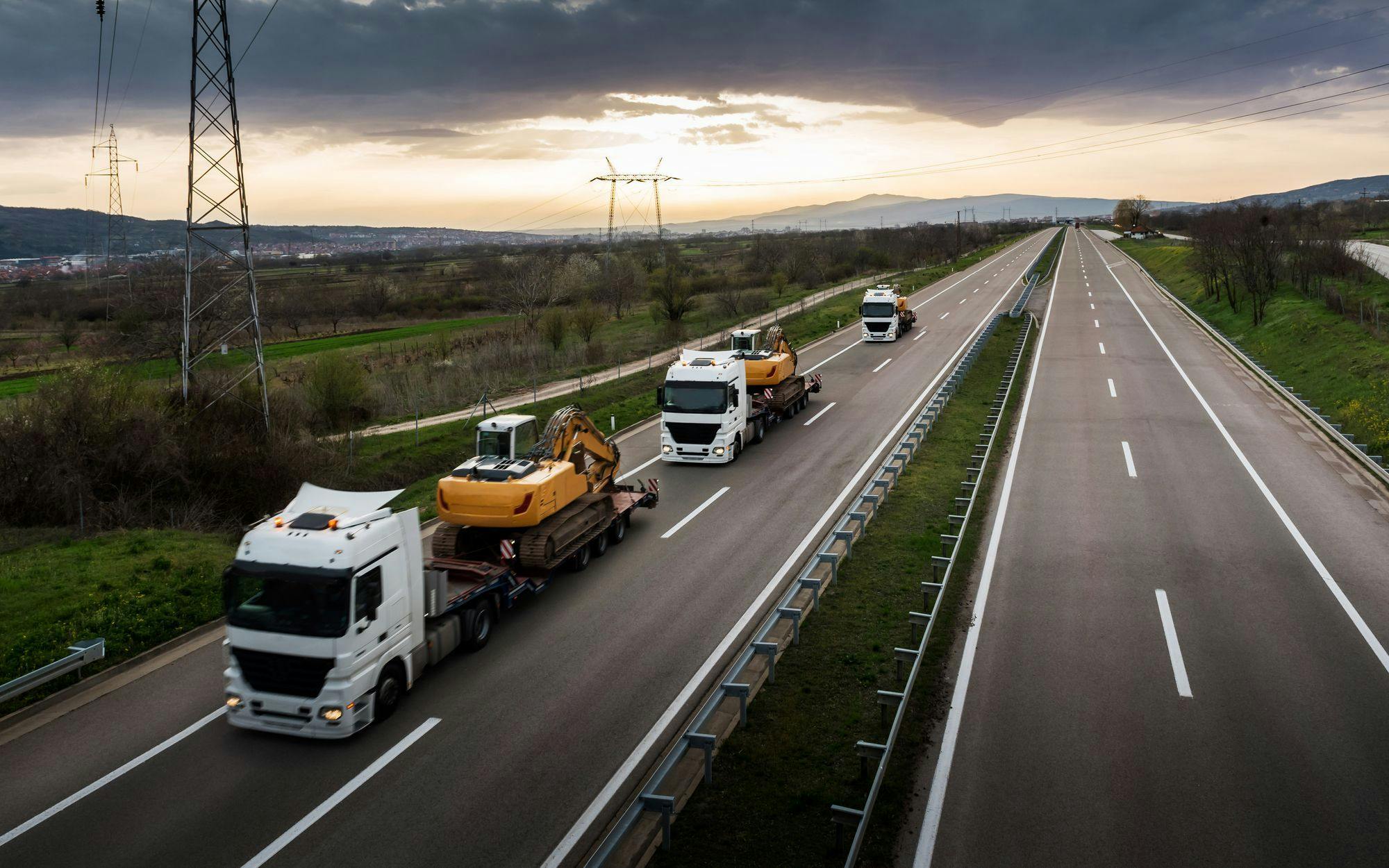
Why It’s Time to Embrace AI Solutions to Improve Fleet Management and Construction Operations
In an increasingly tech-savvy and mobile landscape, the ability to harness the power of digital integration and AI/machine learning in the workplace is more important than ever. In the construction industry, some companies are beginning to take notice of technologies that improve efficiencies across fleet operations—but many continue to rely on antiquated operations management systems to drive results.
To remain competitive, it’s no longer a question of “if” to use AI, machine learning and predictive analytics in construction operations and fleet management, but rather “when.” Put simply, enterprises not engaging with GPS telematics and other AI solutions are already behind the curve—and most likely losing revenue through inefficiencies and operational shortcomings.
The advantages of GPS telematics systems are multi-layered, as they affect not only the movement of people and vehicles on the road but the delivery of materials necessary for a productive jobsite. It’s simple math. If materials are not on a jobsite when needed, the construction team can’t do the work necessary to keep a project on schedule—resulting in lost revenue. As jobsites expand in size and complexity, construction companies and industry suppliers will need to adopt technologies that give operators a coherent view of their fleet and the ability to monitor and manage them proficiently. This will benefit the driver and vehicle performance, improving the bottom line.
For example, advanced telematics, including fleet dash cameras, capture content-driven data and provide a wide range of circumstances that separate a good driver from a bad or unsafe driver. Such circumstances include hard braking, driver drowsiness, tailgating and traffic signal violations. The information can be processed and analyzed to automatically learn the behavior of the vehicles, drivers and fleets, as well as provide an opportunity for managers to train and enhance driver safety based on current behaviors. What’s more, AI-powered video eliminates the need to review hours of footage to find the precise event a construction fleet manager needs to access. It eliminates irrelevant footage and makes any piece of video content available in real time.
Another significant benefit of AI-powered telematics is the ability to track the location and performance of construction equipment—ultimately streamlining utilization. AI platforms help to optimize equipment distribution across construction sites, accelerating progress and job completion rates. Also, monitoring utilization helps identify the need to right-size a fleet by reducing fleet size. Sometimes operating with fewer vehicles or mobile assets is more efficient from a fuel, maintenance and productivity standpoint. Obtaining the most use out of each vehicle and asset ensures the overall use of the fleet is maximized.
For construction operations, increasing efficiency relates to ensuring vehicles and equipment receive preventative maintenance on schedule so they can deliver the best on-the-job performance possible. It can be a challenge to ensure every vehicle and asset in a fleet receives preventative services on schedule, or at all, if a company’s drivers are not being reminded to do so. Using AI platforms to implement efficient processes to schedule and remind a team about upcoming maintenance benefits a business’s productivity, expenses and safety. And while letting a service slip through the cracks may not seem all that significant, it can cause several issues such as unplanned downtime, expensive repairs and serious safety implications. According to the National Highway Traffic Safety Administration, 43% of critical pre-crash events that cause vehicle accidents are attributed to tire failure alone.
Following are a few questions that construction operators should be asking in regard to the business they oversee—all of which can be addressed through the proper use of AI, telematics and predictive analytics.
- How much downtime is due to vehicles being out of service for repairs and what is the revenue equivalency?
- How much does the company pay yearly for vehicle and equipment repairs and which are most common?
- How many accidents did the business experience during the year and how many of those incidents were avoidable with proper vehicle maintenance and/or safe driving habits?
- Are any of the company’s vehicles or equipment/assets never used and what fixed and variable costs are connected to them?
- How frequently are the company’s vehicles and assets cycled and is that high or low against industry standards?
- How many trips/jobs do the company’s vehicles and assets complete per day/month and are some of them used more frequently than others?
While antiquated operations management systems are still in use, it’s the introduction of technologies such as big data, cloud and AI/machine learning that will ultimately redefine the construction industry and create opportunities for operational managers to more efficiently aggregate and analyze data. The result is actionable insights that benefit not only day-to-day operations but fleet safety and vehicle efficiency. The big picture? The future of AI is here, and construction enterprises that adopt innovations now will have a much easier time keeping up with best-in-class competitors and standing out from the crowd.
Related stories








